ITDP Reports provide a focused look at the impacts or potential of programs and policies, often in a specific region, city or neighborhood.
Search Reports By Keyword
Recent Reports
[WEBINAR] Indicators For Sustainable Mobility
January 14, 2019
![[WEBINAR] Indicators For Sustainable Mobility](https://itdp.org/wp-content/uploads/2019/01/toyota-indicators-header-e1560444961373.jpg) Wednesday, January 30, 2019 12pm EST Webinar Recording More on the Indicators Indicators for Sustainable Mobility Presentation As Climate Change Escalates, US Cities Fail to Provide Car Alternatives About the Webinar As cities seek to improve their transportation systems to make them more sustainable, equitable, and useful for people, it is critical that they first understand how their system performs. To that ...Read More
Wednesday, January 30, 2019 12pm EST Webinar Recording More on the Indicators Indicators for Sustainable Mobility Presentation As Climate Change Escalates, US Cities Fail to Provide Car Alternatives About the Webinar As cities seek to improve their transportation systems to make them more sustainable, equitable, and useful for people, it is critical that they first understand how their system performs. To that ...Read MoreITDP Announces New CEO Heather Thompson
September 19, 2018
 We are pleased to announce the appointment of Heather Thompson as our new chief executive officer. Ms. Thompson, who has been serving in the role of interim CEO since February, was selected by the ITDP board of directors after an extensive, international search. Her transition to permanent CEO is ongoing, and will be effective October ...Read More
We are pleased to announce the appointment of Heather Thompson as our new chief executive officer. Ms. Thompson, who has been serving in the role of interim CEO since February, was selected by the ITDP board of directors after an extensive, international search. Her transition to permanent CEO is ongoing, and will be effective October ...Read MoreBus Rapid Transit Nearly Quadruples Over Ten Years
November 17, 2014
 Bus rapid transit has grown by 383 percent in the last ten years, according to new data released by ITDP. As cities around the world discover the benefits and cost effectiveness of BRT, they have built hundreds of systems across dozens of countries that qualify as true BRT. A new interactive map shows a comprehesive ...Read More
Bus rapid transit has grown by 383 percent in the last ten years, according to new data released by ITDP. As cities around the world discover the benefits and cost effectiveness of BRT, they have built hundreds of systems across dozens of countries that qualify as true BRT. A new interactive map shows a comprehesive ...Read MoreITDP Releases New Study on Climate Change Ahead of UN Climate Summit
September 17, 2014
 As world leaders gather for the United Nations Secretary-General’s Climate Summit on September 23rd, ITDP and the University of California, Davis, have released a new report on the impact of transportation emissions on our climate future. According to the new study, more than USD$100 trillion in cumulative public and private spending could be saved, and ...Read More
As world leaders gather for the United Nations Secretary-General’s Climate Summit on September 23rd, ITDP and the University of California, Davis, have released a new report on the impact of transportation emissions on our climate future. According to the new study, more than USD$100 trillion in cumulative public and private spending could be saved, and ...Read MoreWith Restrictions Easing, Guangzhou Residents Flock to Streets and Parks
May 27, 2020
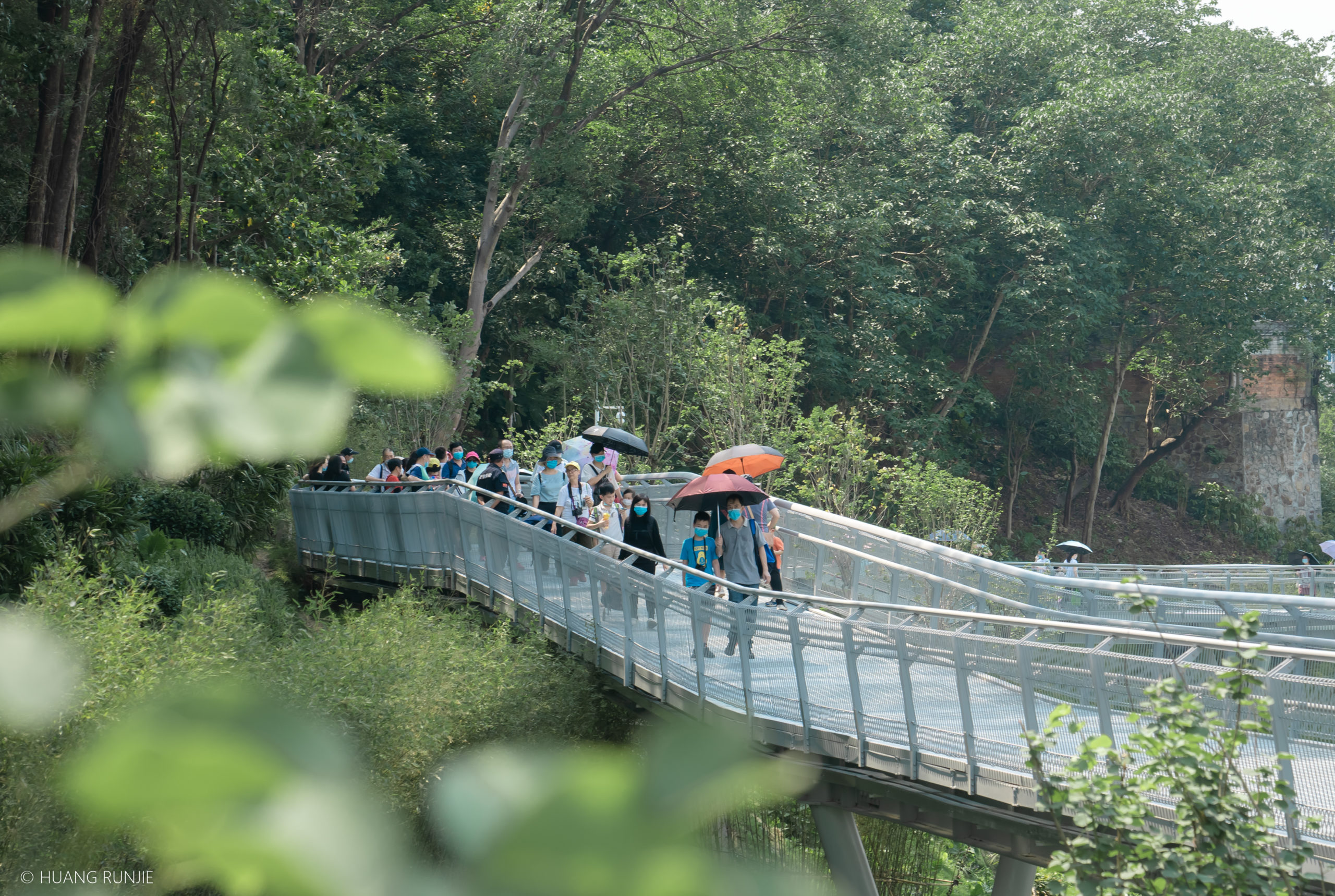 With restrictions easing, Guangzhou residents flock to streets and parks Life in Chinese cities is gradually returning to pre-COVID-19 conditions, with traffic jams during peak hours and transit ridership back to 70% of previous demand. With temperatures rising and a recent spell of good weather, residents of Guangzhou have started returning to the city’s parks and ...Read More
With restrictions easing, Guangzhou residents flock to streets and parks Life in Chinese cities is gradually returning to pre-COVID-19 conditions, with traffic jams during peak hours and transit ridership back to 70% of previous demand. With temperatures rising and a recent spell of good weather, residents of Guangzhou have started returning to the city’s parks and ...Read MoreWhere does the Sidewalk Begin? Rethinking Suburban Streets in the Time of COVID-19
May 20, 2020
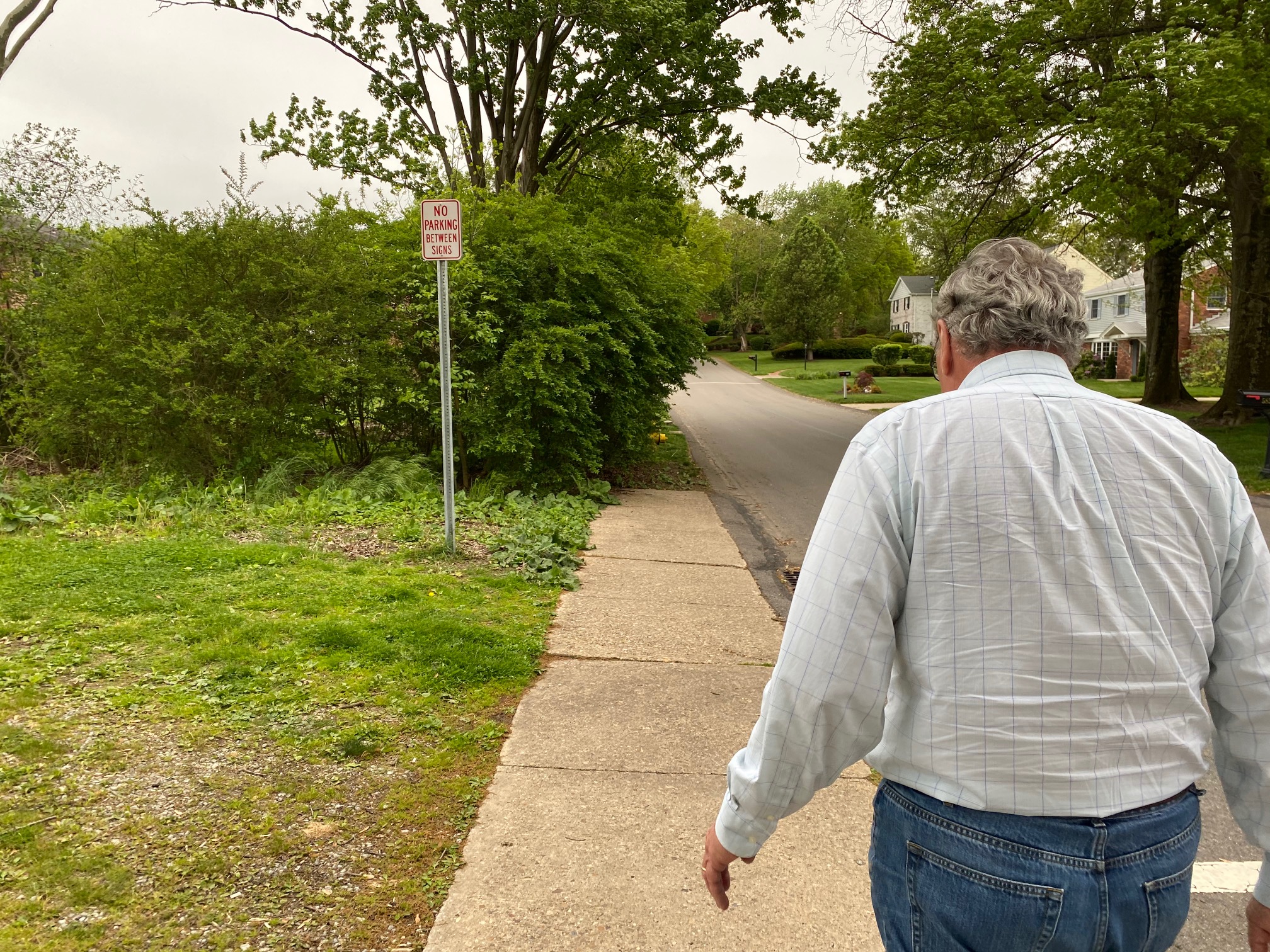 I am one of the lucky people who can still work from a safe home during this crisis. Like many others, I have been spending my free time taking long walks. This time I have had to walk and to think has given me a new perspective on the space around me, particularly the roads. While ...Read More
I am one of the lucky people who can still work from a safe home during this crisis. Like many others, I have been spending my free time taking long walks. This time I have had to walk and to think has given me a new perspective on the space around me, particularly the roads. While ...Read MoreAs Parking Reforms Show Progress, COVID-19 Suspends Regulations
May 6, 2020
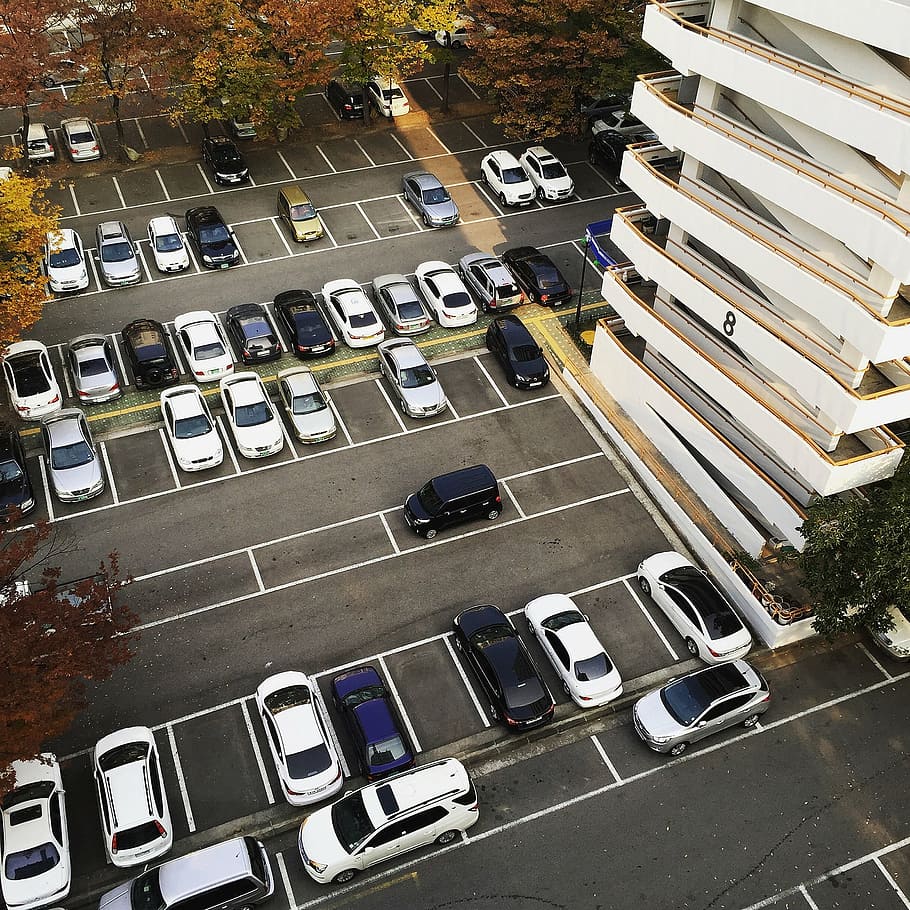 Before the pandemic hit, there was growing momentum in cities around the world for a host of traffic reduction measures. Congestion pricing was finally front-and-center on the agenda of cities from New York to Mumbai; Los Angeles launched planning efforts for a low-emissions zone; and major cities such as Mexico City and Rio de Janeiro ...Read More
Before the pandemic hit, there was growing momentum in cities around the world for a host of traffic reduction measures. Congestion pricing was finally front-and-center on the agenda of cities from New York to Mumbai; Los Angeles launched planning efforts for a low-emissions zone; and major cities such as Mexico City and Rio de Janeiro ...Read More35 Years of Certain Change in an Uncertain World
May 1, 2020
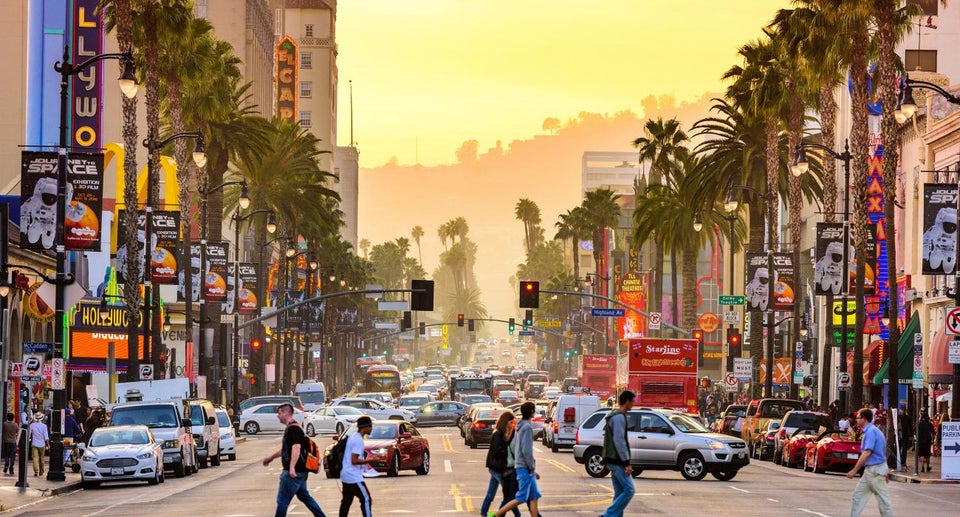 Today, May 1, is a day full of meaning. Although some know it as May Day, a celebration of spring in the northern hemisphere, it is better known as International Workers Day. Here at ITDP, May 1 is the day when, exactly 35 years ago, ITDP founder Michael Replogle and a group of antiwar and ...Read More
Today, May 1, is a day full of meaning. Although some know it as May Day, a celebration of spring in the northern hemisphere, it is better known as International Workers Day. Here at ITDP, May 1 is the day when, exactly 35 years ago, ITDP founder Michael Replogle and a group of antiwar and ...Read MoreLos Angeles: 1985 and Today
April 28, 2020
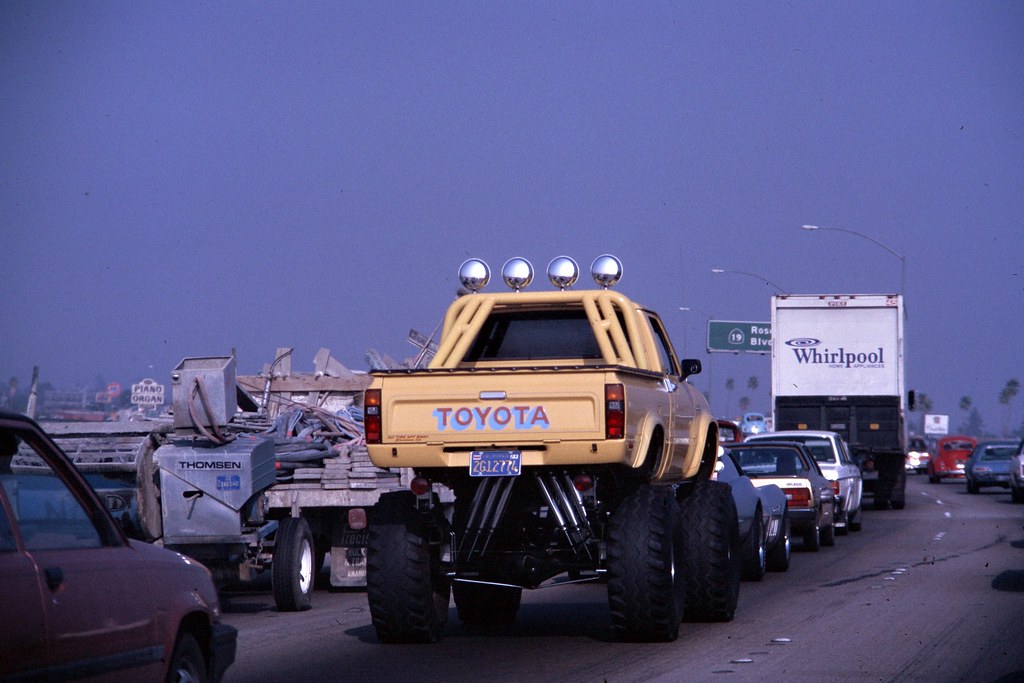 In 1985, Los Angeles created the “911” emergency system, replicated both nationally and internationally as a model for emergency response. It was also the year of the city’s first no-smoking ordinance, which would grow to a bar and restaurant ban a decade later, and then grow further to inspire the country and world to tackle ...Read More
In 1985, Los Angeles created the “911” emergency system, replicated both nationally and internationally as a model for emergency response. It was also the year of the city’s first no-smoking ordinance, which would grow to a bar and restaurant ban a decade later, and then grow further to inspire the country and world to tackle ...Read MoreLondon: 1985 and Today
April 27, 2020
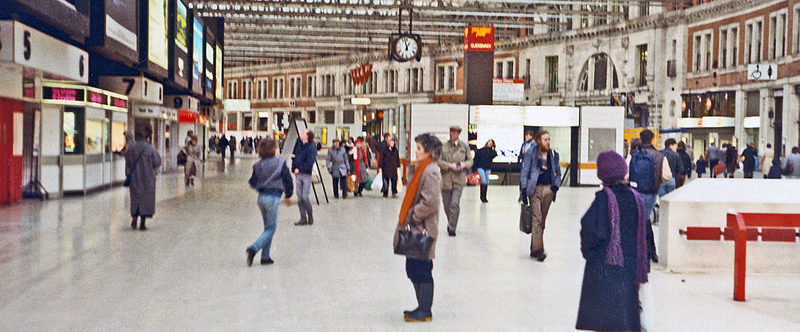 Thirty-five years ago, London was struggling with growing traffic congestion and pollution. Margaret Thatcher’s government fought against a greater commitment to transit, and passed a sweeping national deregulation and privatization policy called the Transport Act of 1985. Today, London is a very different city. According to Transport for London, over half of trips in London ...Read More
Thirty-five years ago, London was struggling with growing traffic congestion and pollution. Margaret Thatcher’s government fought against a greater commitment to transit, and passed a sweeping national deregulation and privatization policy called the Transport Act of 1985. Today, London is a very different city. According to Transport for London, over half of trips in London ...Read MoreJakarta: 1985 and Today
April 21, 2020
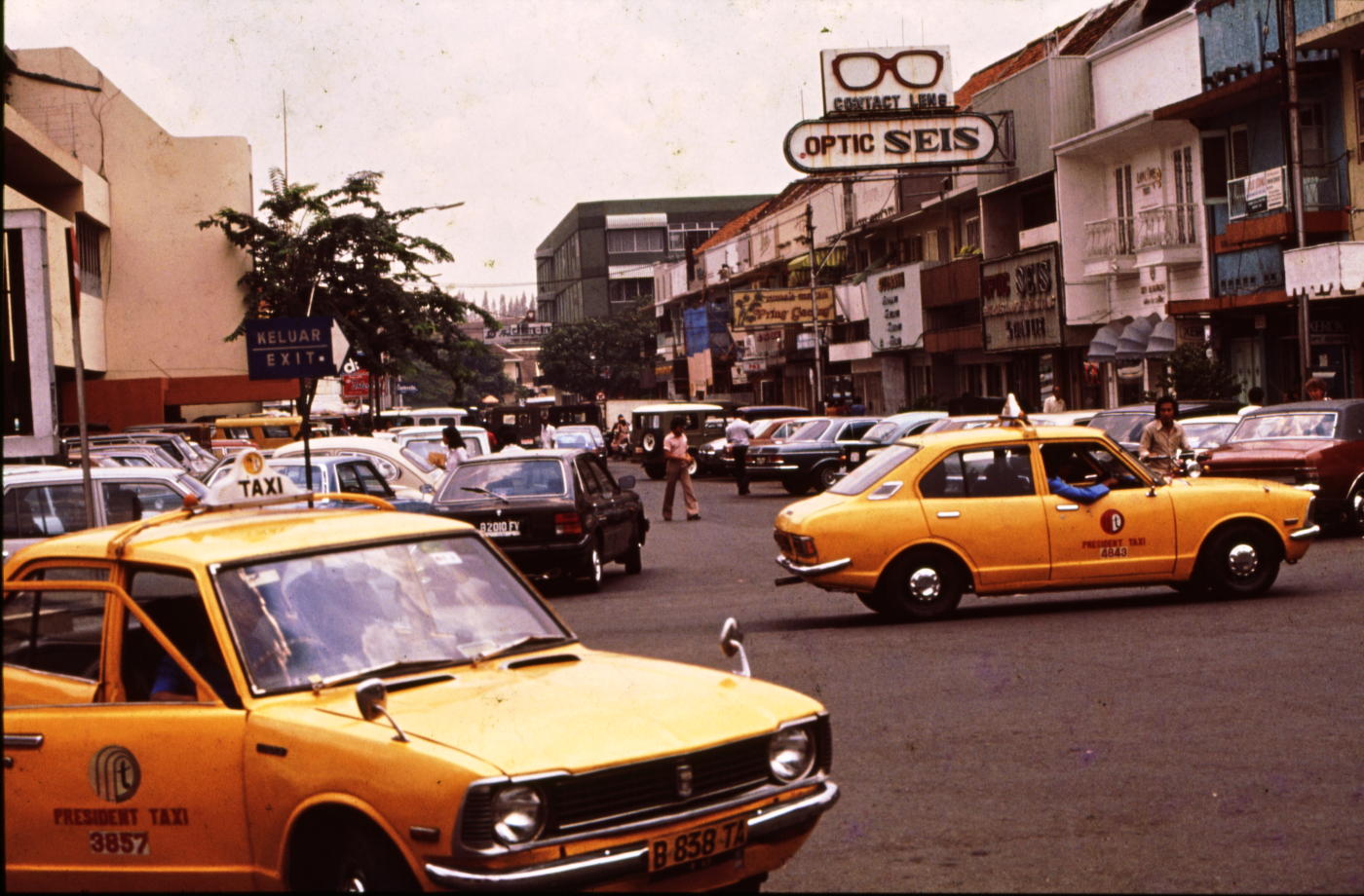 Jakarta, the capital city of the 4th most populous nation, sits on the largest in an archipelago of almost 17,000 islands. 35 years ago, Jakarta was building up at a rapid pace. 1985 saw the opening of the city’s International Airport, a culmination of a major infrastructure push that included roads and bridges for cars, ...Read More
Jakarta, the capital city of the 4th most populous nation, sits on the largest in an archipelago of almost 17,000 islands. 35 years ago, Jakarta was building up at a rapid pace. 1985 saw the opening of the city’s International Airport, a culmination of a major infrastructure push that included roads and bridges for cars, ...Read MoreGuangzhou: 1985 and Today
April 15, 2020
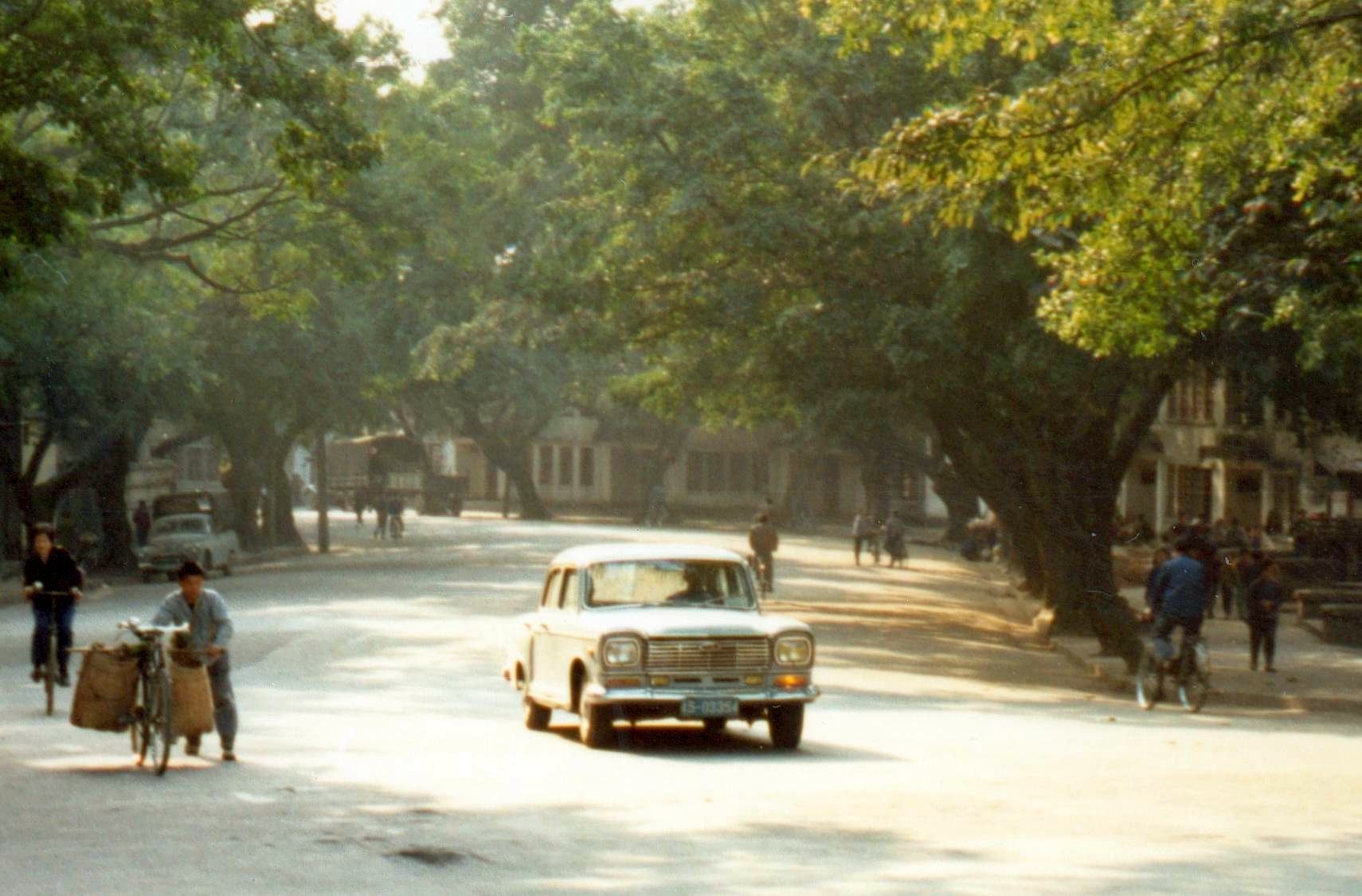 The explosive, transformative growth of Chinese cities over the past 35 years is difficult to overstate. Take the city of Guangzhou, on the Pearl River Delta, just north of Hong Kong and Shenzhen. In 1985, the population was 2.36 million. Ten years later, it had doubled to 5.04 million, and doubled again in another ten ...Read More
The explosive, transformative growth of Chinese cities over the past 35 years is difficult to overstate. Take the city of Guangzhou, on the Pearl River Delta, just north of Hong Kong and Shenzhen. In 1985, the population was 2.36 million. Ten years later, it had doubled to 5.04 million, and doubled again in another ten ...Read MoreFive Temporary COVID Measures that US Cities Should Make Permanent
April 13, 2020
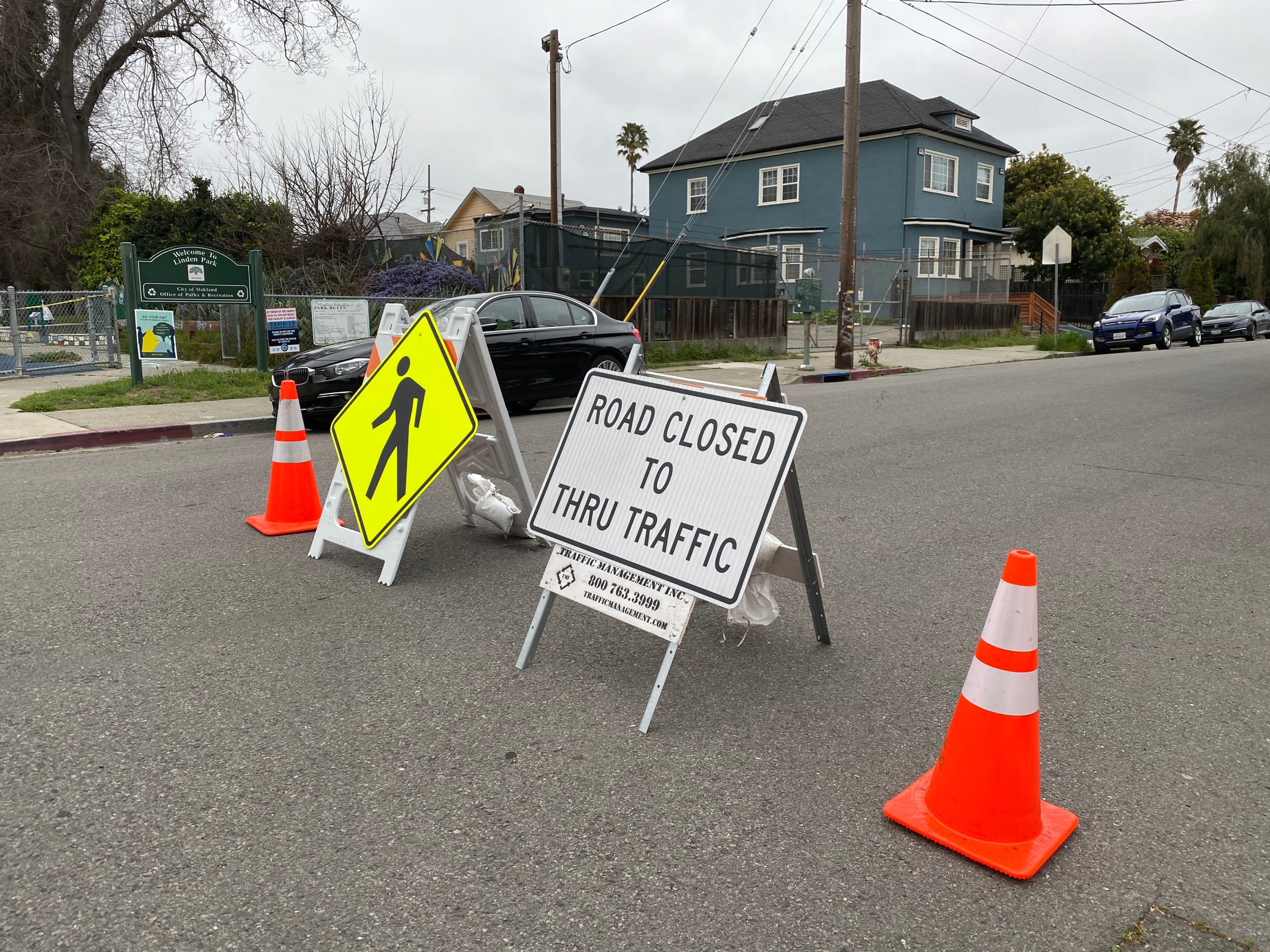 Over the past month, as the spread of COVID-19 has upended daily life throughout the United States, cities have been grappling with how to adjust their transit systems and streetscape. As in other nations, US cities face the daunting tasks of keeping people apart, while keeping transit running. In the US, essential workers are disportionately ...Read More
Over the past month, as the spread of COVID-19 has upended daily life throughout the United States, cities have been grappling with how to adjust their transit systems and streetscape. As in other nations, US cities face the daunting tasks of keeping people apart, while keeping transit running. In the US, essential workers are disportionately ...Read MoreThe Air Quality Crisis has made the Coronavirus More Deadly
April 8, 2020
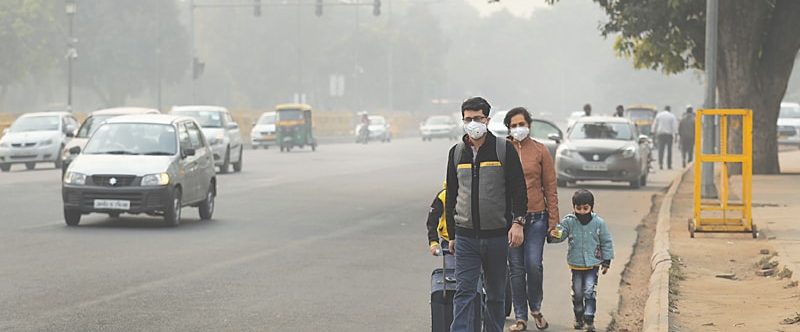 We have long known that our cities are in the midst of a global air quality crisis. According to the World Health Organization, 80 percent of urban residents are breathing air that does not meet standards for health, with middle- and low-income nations suffering from the highest exposures. We already knew that exposure to toxic air ...Read More
We have long known that our cities are in the midst of a global air quality crisis. According to the World Health Organization, 80 percent of urban residents are breathing air that does not meet standards for health, with middle- and low-income nations suffering from the highest exposures. We already knew that exposure to toxic air ...Read More
